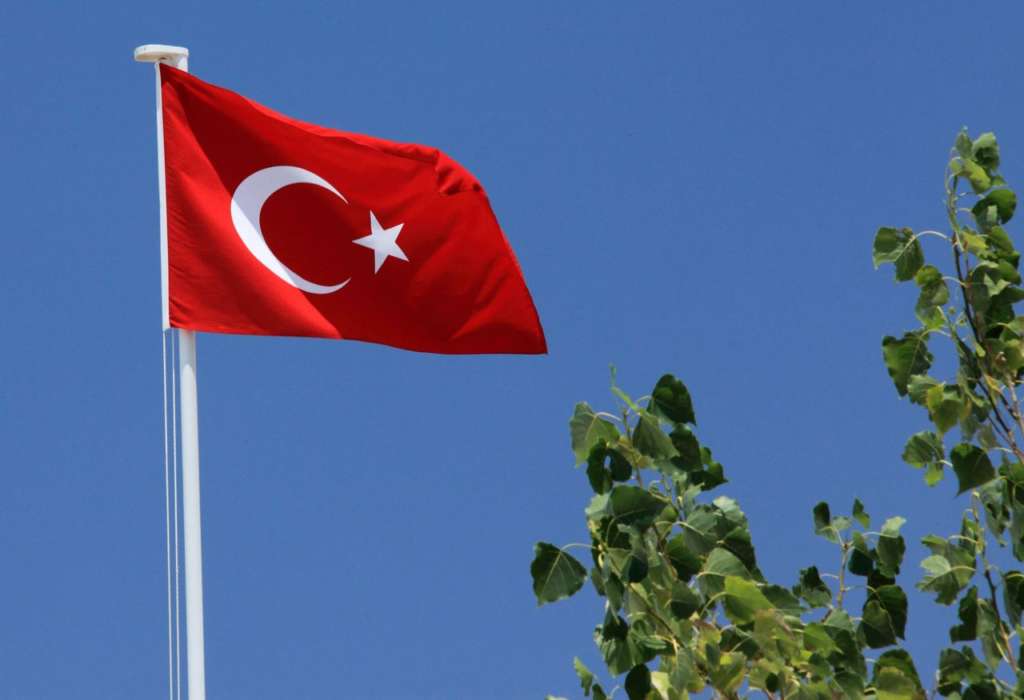Considering Learning Turkish?
If you would like to learn the Turkish language, a Turkish language course may be ideal for you. There are 63 million people who speak Turkish. These people are mostly throughout South Eastern Europe and Western Asia, but there are millions of speakers sprinkled across the globe. It is the official language of Cyprus and Turkey and the recognised minority language of half a dozen more countries. There are lots of benefits of learning an additional language and the good news is there are so many Turkish language courses currently available with part-time and evening class options, in person and online.
About the Turkish Language
The Turkish language is a major member of the Turkic language family within the Altaic language group. Turkish is spoken in Cyprus, Turkey and elsewhere in the Middle East and Europe. With Azerbaijani, Gagauz, Turkmen and Khorāsān Turkic, it forms the South Western branch of the Turkic languages. Modern Turkish is the descendant of Ottoman Turkish and its predecessor, Old Anatolian Turkish, which was introduced into Anatolia by the Seljuq Turks in the late 11th Century. Old Turkish gradually absorbed a great many Persian and Arabic words and even grammatical forms and was written in Arabic script.
After the founding of the Turkish republic in 1923, the Arabic script was replaced by the Latin alphabet in 1928. The reform of the language was initiated and supported by the Turkish republican government. In spite of the resistance and disputes, the movement contributed greatly to purifying the Turkish vocabulary of foreign elements. An essentially new literary language came about and the older one soon became obsolete. From the point of view of linguistic development, four periods of Turkish may be differentiated: Old Turkish (Ottoman and Anatolian), 17th to 18th Century Newer Turkish (Ottoman), 19th Century and Modern Turkish of the 20th Century.
About Turkey
Turkey is the country that occupies a unique geographic position, lying partly in Asia and partly in Europe. Throughout its history it has acted as both a barrier and a bridge between the two continents. Turkey is located at the crossroads of the Caucasus, Balkans, Middle East and Eastern Mediterranean. It is among the larger countries of the region in terms of population and territory, and its land area is greater than that of any European state. Nearly all of the country is in Asia, comprising the oblong peninsula of Asia Minor and in the east, part of a mountainous region sometimes known as the Armenian Highland. The remainder is Turkish Thrace which lies in the extreme South Eastern part of Europe, a small remnant of an empire that once extended over much of the Balkans.
Good Reasons to Learn the Turkish Language
If you study the Turkish language, it will much easier for you to learn the other various Turkic languages such as Tatar, Uighur, Kazakh, Kyrgyz and Uzbek. These languages are becoming increasingly important because they are spoken in many specific regions such as China, the former Soviet Union, the Caucasus and the Balkans. It is an influential language too. Turkey is the 16th largest economy across the globe and its middle class consumer base is growing.
In addition, Turkey is getting more influential economically and politically, and knowing the Turkish language makes you an asset to governmental agencies, NGOs, research institutions and various corporations operating in the region. Learning the Turkish language will open a variety of career opportunities in various fields from government to law to business, technology, cybersecurity, finance, technology and hospitality among many others. The U.S. government has characterised Turkish as a vital language and several careers in intelligence, diplomacy and military are available.
What Will I Learn?
You can expect to learn greetings, how to talk about yourself, how to use the language when travelling and arranging to meet people. In addition, you will learn how to count in Turkish, the alphabet and the grammar and punctuation.
If you’re serious about learning Turkish, check out courses near you in the Nightcourses.co.uk national course finder.




